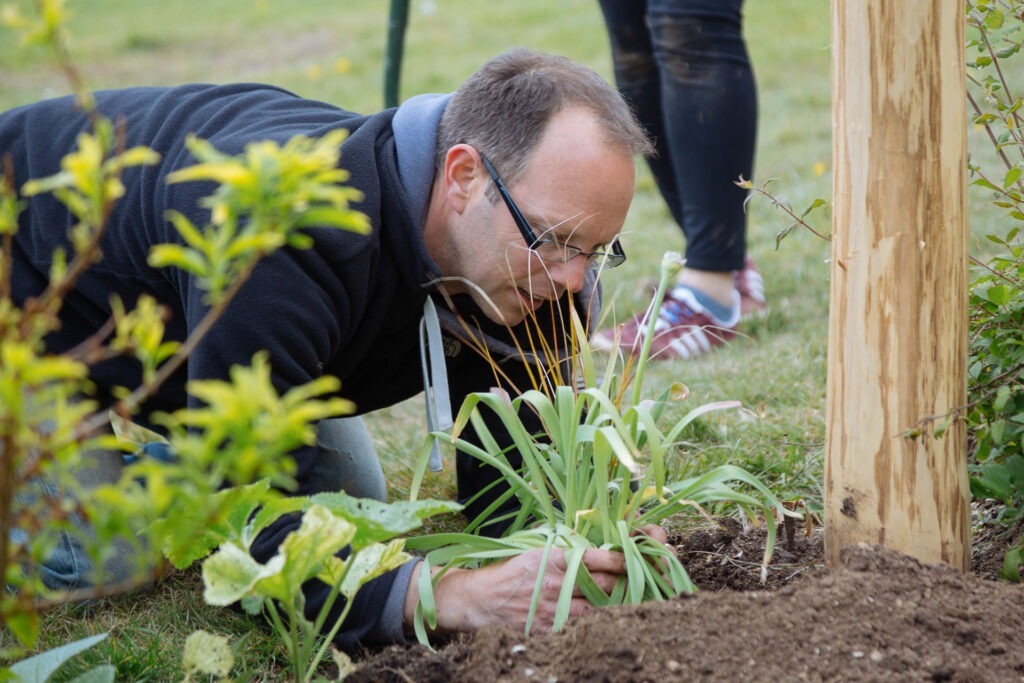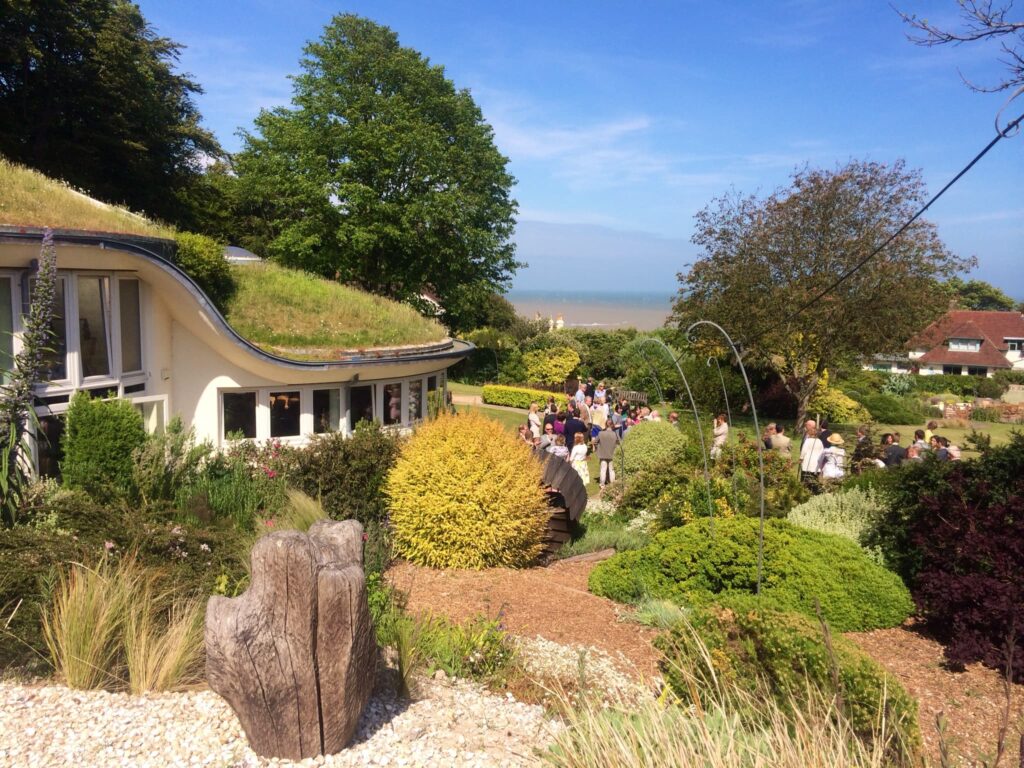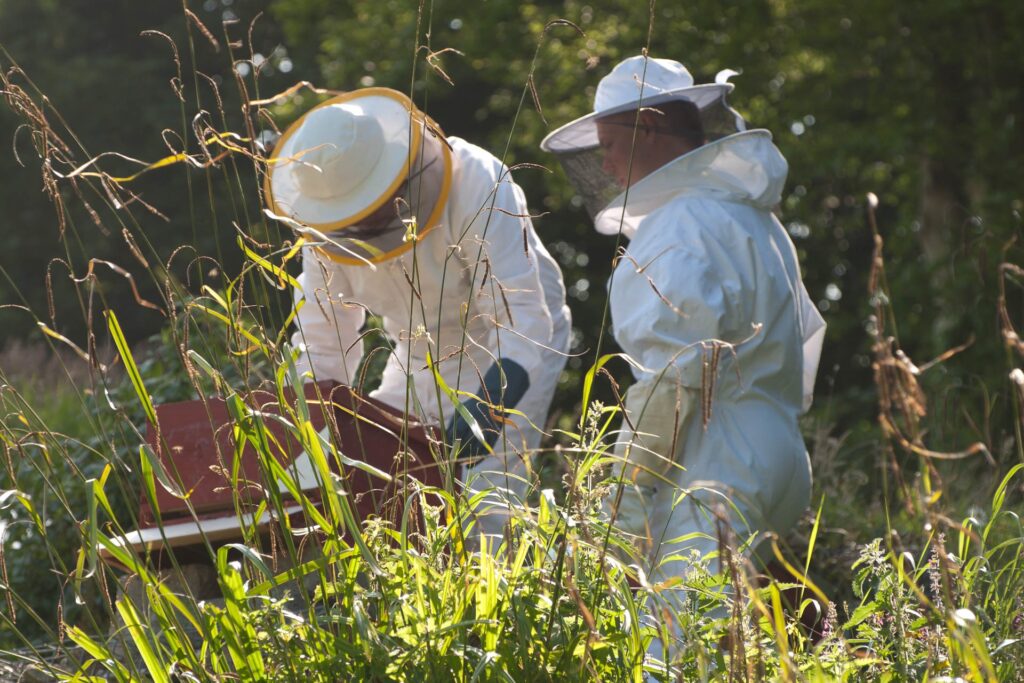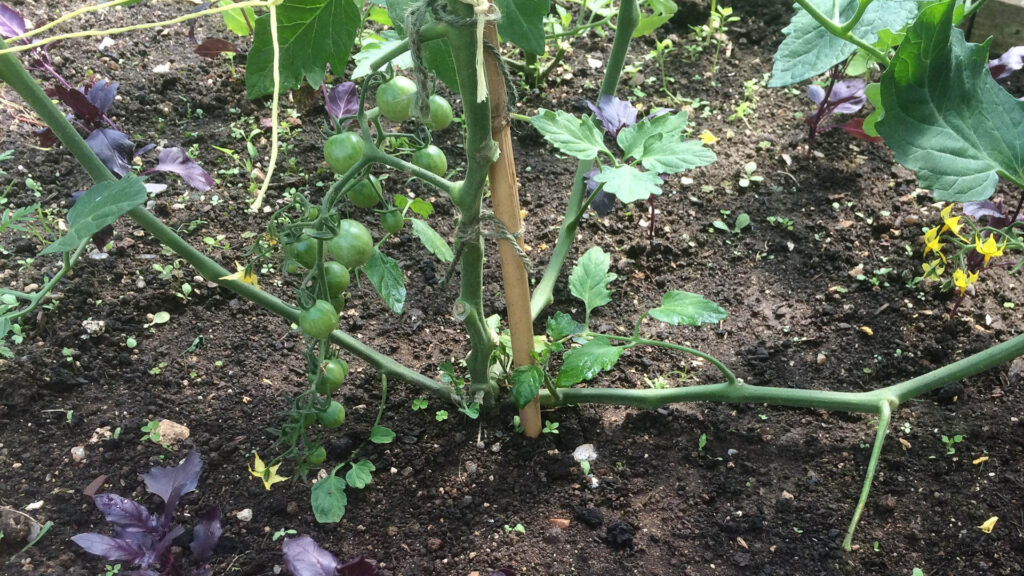A message from our new CEO
As the new CEO of The Bay Trust I have spoken with many members of the public since joining three weeks ago and regularly hear people ask questions about why we use permaculture design principles in our gardens and what it means. So I have written this brief blog to explain a bit about permaculture principles and why they are important to The Bay Trust charity.
The Bay Trust is a charity that is dedicated to improving lives through outdoor learning and connections with the natural world. We promote and provide opportunities for people of all ages to learn through nature in the fields of environmental protection, preservation and conservation; and to promote for the public benefit the preservation of the natural beauty, flora and fauna of St. Margaret’s-at-Cliffe and across its estate.
So what is Permaculture and why is it important to our charitable purpose?
Permaculture is all about making a difference to the lives of people, communities and the planet.
The word ‘permaculture’ comes originally from ‘permanent agriculture‘ and ‘permanent culture’. The essence of permaculture is about the design of an ecologically sustainable way of living in our households, gardens, communities and businesses. It is a practical method of developing ecologically harmonious, efficient and productive systems that can be used by anyone, anywhere. It is created by cooperating with nature and caring for the earth and its people. So it is not just a set of gardening techniques. Permaculture tackles how to grow food, build houses and create communities, and minimise environmental impact at the same time. Its principles are being constantly developed and refined by people throughout the world in very different climates and cultural circumstances.
The three ethical principles of Permaculture are: Earth Care, People Care and Fair Share.
Earth Care
Earth Care involves all sorts of decisions from the clothes we wear, the car we drive, the goods we buy to the materials we use for DIY projects. Though we can’t all build our own house or grow all our own food, we can make choices about what and how we consume and conserve. Key to this is the understanding that up to one-third of our ecological footprint is taken up by the food we buy, so even growing a small amount in a city allotment or container garden can make a difference.
The Pines Garden has been run organically since 2002 working in harmony with nature, composting, recycling and learning how to use natural predators to control pests. The garden represents a blend of natural beauty, innovation and sustainability. It has an organically managed garden with a lake; poetry path and sustainability trail for children as well as a grass labyrinth and organic kitchen garden. We grow our own vegetables and plants from seed in our plant nursery and these are used in The Pines Garden tearooms, in our baking and in the catering we provide in the Pines Calyx. The Calyx is one of Europe’s lowest impact conference, wellness and events venue, built from rammed chalk from the site. We have a big recycling plan for the estate ensuring that we re-use materials for DIY and gardening projects. We have sewn a wildflower meadow in the main garden near the Yurt to attract bees and butterflies and other insects to promote the biodiversity of the land. At Steps Bank we practice ecological land management and environmental regeneration through re-establishing tree species indigenous to the South coast of England such as wild cherry, English oak and Silver Birch. By dividing the area into zones we have built a living woodland classroom to benefit the wider education of visitors. We also run the John Muir Award, an environmental award scheme, using the woodland classroom to offer a unique outdoor learning experience from woodland crafts to practice conservation. Everything in the Steps Bank site has been re-purposed from other areas and habitats created for flora and fauna to co-exist as nature intended.

People Care
At the core of People Care is an understanding of the power of community. If we can change our lives as individuals and make incremental differences: think what we can do as a community. Our outdoor learning programmes offered at Rippledown Education Centre enable us to immerse children in learning new skills from nature that help to build their confidence and emotional resilience. Everything from beachcombing and learning about plastics pollution in our oceans, to pond dipping, making arts and crafts outdoors and learning to grow your own vegetables, are just a few of the activities we offer. Our apprenticeship schemes offered in partnership with a wide variety of other charities and further education colleges enable young people to learn horticultural, building and sustainability skills and new careers opportunities. Our partnerships with Universities offer student placements as interns for research, special projects and design innovation.
We offer corporate volunteer and CSR projects, which promote team building, and enables people to digitally detox whilst learning outdoor skills such as eco-building. Some examples of previous projects include
- Restoring the waterfall cascade, bringing back an important part of the garden’s biodiversity for frogs, toads, dragonflies, and other water-dependent species.
- Building a fruit cage to protect organic soft fruits during the summer and autumn months helping us serve fresh natural produce to our customers as well as excess produce for making pickles and preserves
- Promoting woodland biodiversity by planting trees, careful coppicing and creating glades to allow ground flora and taller grasses to thrive as a unique habitat for an array of wildlife
Fair Share
Fair Share acknowledges that we only have one earth and we have to share it with all living things and future generations. There is no point in designing a sustainable family unit, community, or nation whilst others languish without clean water, clean air, food, shelter, meaningful employment, and social contact. To this end the charity is involved in supporting initiatives that harvest rainwater, use solar power to generate vital energy for our buildings to benefit our communities, and work in collaboration with artists, designers and architects who promote innovative passive house design. Part of our expanding portfolio in the coming months will be to work with artisans to promote the positive impact that arts and creative activities can have on population health and wellbeing for people of all ages. We will also be working more extensively with world-leading researchers to demonstrate the impact of outdoor learning on public health and wellbeing.
So please do come and visit us, find out more about what our charity offers and sample the delights of our gardens and estates. We look forward to welcoming you.




